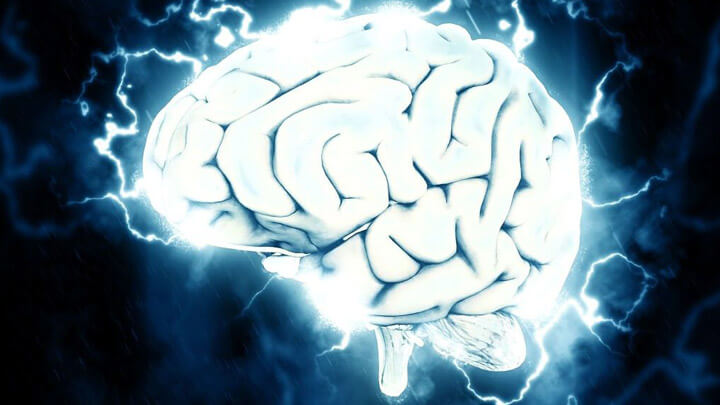
Dr. Paresh Doshi
What is Epilepsy? - 9th December 2016
There are many types of seizures, depending primarily on what part of the brain is involved. The term epilepsy says nothing about the type of seizure or cause of the seizure, only that the seizures happen again and again. A stricter definition of the term requires that the seizures have no known underlying cause. This may also be called primary or idiopathic epilepsy. Episodes of abnormal electrical activity within the brain result in seizures. The specific area of the brain affected by the abnormal electrical activity may result in a particular type of seizure. Causes of Epilepsy Epilepsy is a fairly common disease. WHO data suggests that 1 in 20 persons may have an epileptic seizure in his/ her lifetime and at least 1in 200 goes on to develop epilepsy. [1] Anticonvulsant drug therapy using one or more drugs works as an effective tool to suppress seizures in only 70% of the patients; the remaining 30% are either not responsive or suffer major side effects. [2] Surgical resection then forms the next line of management in selected patients. However, in some cases, surgical resection may not be possible; hence arises the need for alternative therapies. Healthy people may have seizures under certain circumstances. Most of the seizures causes are unknown under which circumstance it is called primary or idiopathic.If the seizures have a known cause, the condition is referred to as secondary or symptomatic epilepsy. Some of the more common causes include the following: When is surgery indicated in epilepsy? Surgery is indicated in patients where more than two drugs for more than two years are tried, and still the disease is not adequately controlled. 15-20% of all epilepsy patients require surgery. What exactly is done in this surgery? The epileptogenic area is either resected (temporal lobe resection in Mesial temporal sclerosis), any low grade tumour or disconnected callosotomy, hemispherotomy, subpial transection. Will there be complete relief of seizures? The relief is complete in 67-70% of temporal lobe epilepsy and 60-65% of extra-temporal epilepsy. For how long should the anti-epileptic drugs be continued post surgery? The drugs are tapered over the period of one year with the help of epileptologist. What are the complications associated with surgery? The complications of epilepsy surgery depends upon the nature of the surgery. They can range from motor weakness, speech problems or some memory disturbances. However, in a carefully selected patient and properly performed epilepsy surgery the complication rate can be less than 2%. How long the patient has to stay? Average hospital stay is 7-10 days

